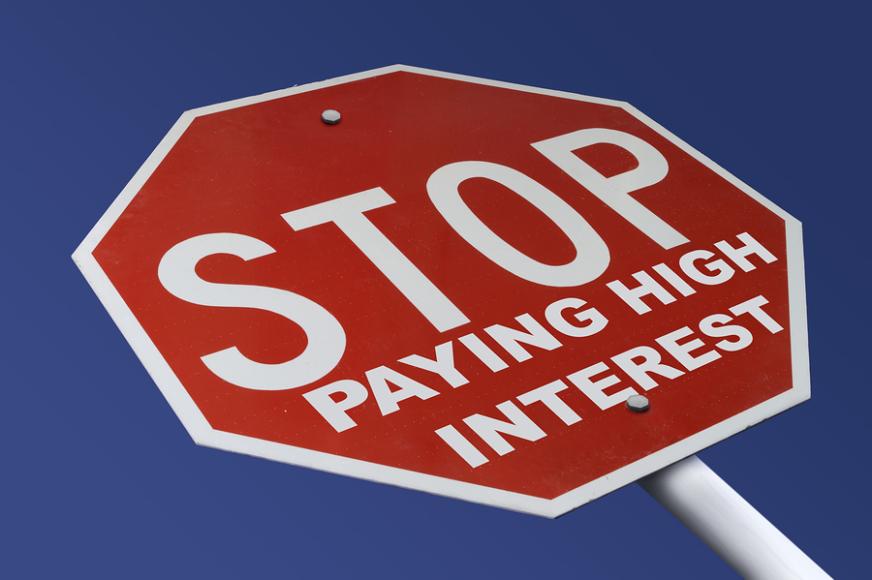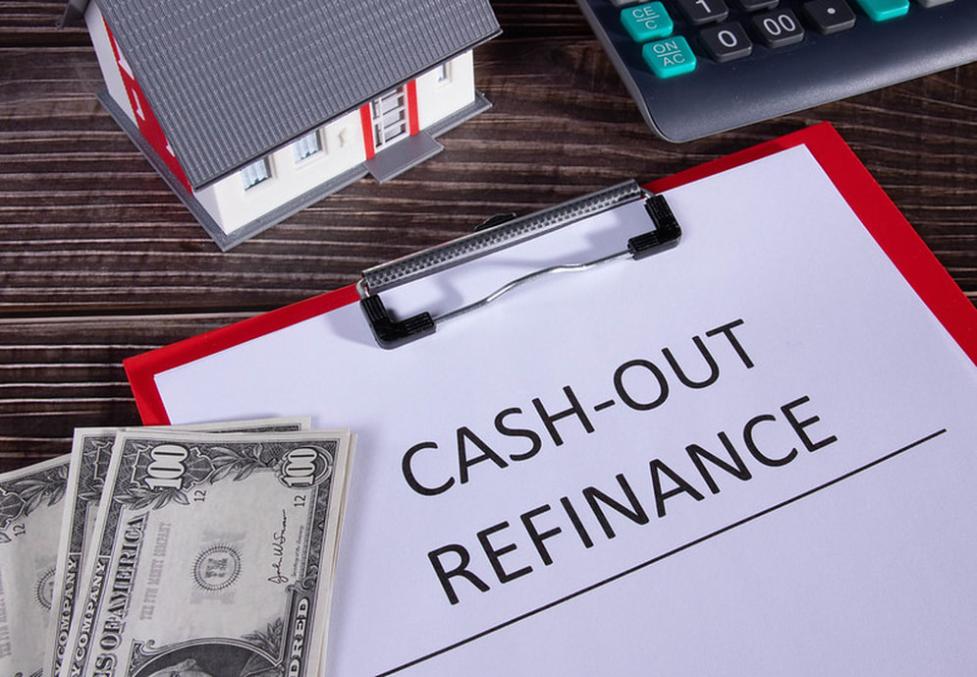Can I Refinance My Mortgage Even if I Have Bad Credit?
Refinancing a mortgage involves replacing your existing home loan with a new one, typically to secure a lower interest rate, reduce monthly payments, or access cash from your home equity. However, the question arises: can you refinance your mortgage even if you have bad credit?

Understanding Bad Credit
Bad credit refers to a low credit score, which is a numerical representation of your creditworthiness. Factors that contribute to bad credit include missed payments, high debt-to-income ratio, and a history of bankruptcies or foreclosures. Bad credit can make it challenging to qualify for a mortgage refinance, as lenders perceive you as a higher risk.
Options For Refinancing With Bad Credit
Despite having bad credit, there are still options available for refinancing your mortgage:
Government-Backed Loans
- FHA loans: Backed by the Federal Housing Administration, FHA loans allow for lower credit scores (580+) and down payments (5%).
- VA loans: Available to eligible military members and veterans, VA loans offer no down payment requirement.
Adjustable-Rate Mortgages (ARMs)
- ARMs offer lower initial interest rates, but rates can fluctuate over time.
- They may be suitable for borrowers with lower credit scores who expect their income to increase.
Non-QM Loans
- Non-QM loans are available to borrowers who do not meet traditional credit score requirements.
- They may have higher interest rates and fees.
Considerations For Refinancing With Bad Credit
When refinancing with bad credit, it's essential to consider the following:
- Higher Interest Rates: Expect higher interest rates than borrowers with good credit.
- Closing Costs: Refinancing typically involves closing costs (e.g., appraisal, title search).
- Debt-to-Income Ratio: Lenders will consider your debt-to-income ratio to ensure you can afford the new loan.
- Property Value: The value of your property will also influence your refinancing options.
Improving Your Credit Before Refinancing

Before refinancing, it's advisable to take steps to improve your credit:
- Make Regular Payments: Prioritize paying all bills on time.
- Reduce Debt: Pay down existing debts to lower your debt-to-income ratio.
- Dispute Inaccuracies: Review your credit report for errors and dispute any incorrect information.
- Build Credit History: Use a secured credit card or become an authorized user on someone else's account.
Refinancing your mortgage with bad credit is possible but requires careful consideration. Government-backed loans, ARMs, and non-QM loans offer options for borrowers with lower credit scores. However, higher interest rates and closing costs are typically involved. To improve your chances of refinancing, focus on improving your credit by making regular payments, reducing debt, and disputing inaccuracies. Consulting with a mortgage professional can provide personalized advice and guide you through the refinancing process.

YesNo

Leave a Reply